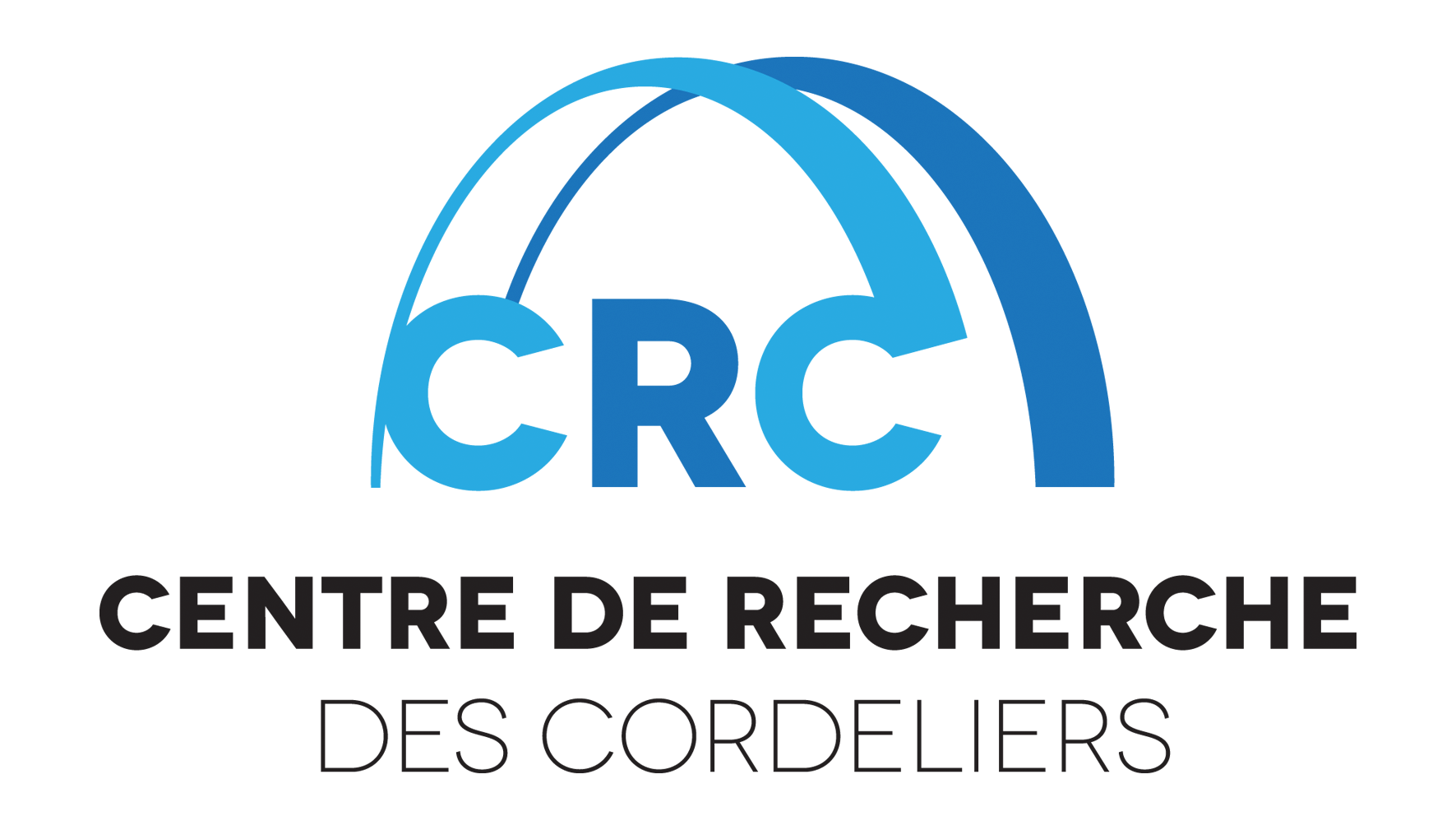By : Danijela Vignjevic (Institut Curie, Paris)
Date : Thursday 14 September 2023
12:30 PM - 1:30 PM
Place : Amphi Gustave Roussy
During tumor progression, cancer-associated fibroblasts (CAFs) accumulate in tumors. Due to their spindle shape, they spontaneously align along their long axis into nematic ordering, forming a capsule that enwraps cancer cells. This capsule is a barrier that restricts tumor growth leading to the buildup of intratumoral pressure. Combining genetic and physical manipulations in vivo with microfabrication and force measurements in vitro, we found that the CAFs capsule is not a passive barrier but instead actively compresses cancer cells using actomyosin contractility. Cancer cells sense CAF compression, resulting in reduced proliferation and resistance of cancer cells to chemoradiotherapy. We further show that whereas nematically ordered CAFs prevent tumor expansion, defects in the nematic ordering represent weak points where cancer cells escape and invade surrounding tissue.
About the speaker : Danijela Matic Vignjevic was trained as a molecular biologist at University of Belgrade, Serbia and University of Wisconsin-Madison, US. She did her PhD in cell biology, working on the actin cytoskeleton during cell migration at Northwestern University, Chicago, US. She then did a post-doc at Institut Curie, working on mouse models for colon cancer metastasis as a HFSP fellow and later as INSERM researcher. She started her independent team at Institut Curie in 2013 when she got interested in how epithelial cells interact with their microenvironment in homeostasis and cancer invasion. Her research strategy combines molecular and cell biology techniques with live-cell imaging using different model systems such as 2D and 3D in vitro cell cultures; tissue slicescultured ex vivo; and different transgenic mouse models.
All seminars
